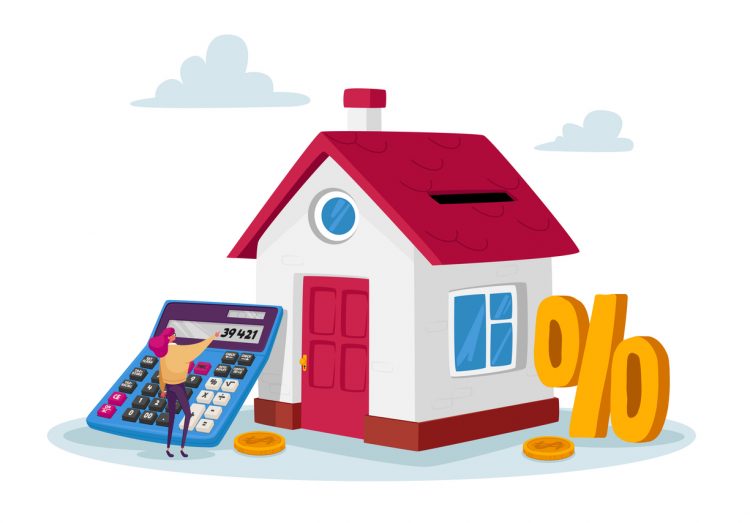Freddie Mac released the results of its Primary Mortgage Market Survey® (PMMS®) on March 28, showing the 30-year fixed-rate mortgage averaged 6.79%, down 8 basis points from the previous week—one basis point is equal to one hundredth of a percentage point. It follows the slight raise last week and declines the previous two weeks as the Fed continues to monitor inflation and decide if and when to lower interest rates.
This week’s numbers:
- The 30-year FRM averaged 6.79% as of March 28, down from last week when it averaged 6.87%. A year ago at this time, the 30-year FRM averaged 6.32%.
- The 15-year FRM averaged 6.11%, down from last week when it averaged 6.21%. A year ago at this time, the 15-year FRM averaged 5.56%.
What the experts are saying:
“Mortgage rates moved slightly lower this week, providing a bit more room in the budgets of some prospective homebuyers,” said Sam Khater, Freddie Mac’s chief economist. “We also are seeing encouraging data on existing home sales, which reflects improving inventory. Regardless, rates remain elevated near seven percent as markets watch for signs of cooling inflation, hoping that rates will come down further.”
Realtor.com Economist Jiayi Xu had these comments:
“While the Federal Reserve Bank doesn’t directly set mortgage rates, the prevailing high policy rate environment has resulted in increased borrowing costs across various sectors, including mortgages. In order to see more significant declines of mortgage rates, the Fed will need to see more evidence that inflation is slowing on a sustainable trajectory. Nonetheless, recent data indicates that the economy has remained remarkably resilient despite a 525 basis point tightening. Looking ahead, with the unemployment rate rising to 3.9% in February 2024 for the first time in two years, it will be interesting to see if this trend persists in the forthcoming March jobs report, scheduled for release next Friday.
“With mortgage rates holding steady at high levels, homebuyers, especially first-time homebuyers without near-record high income equity to leverage on, could feel frustrated. In fact, according to Realtor.com’s rental report, the combination of elevated mortgage rates, escalating home prices, and decreasing rental expenses has made buying a starter home a less affordable option than renting in all major markets. Nonetheless, for those committed to buying a home this spring, there’s a glimmer of hope: the availability of fresh and affordable listings has increased compared to last year. This means that prospective buyers have a wider array of homes to consider, increasing the likelihood of finding their ideal match. Moreover, the uptick in listings could also exert downward pressure on prices, offering some reliefs to homebuyers.”












